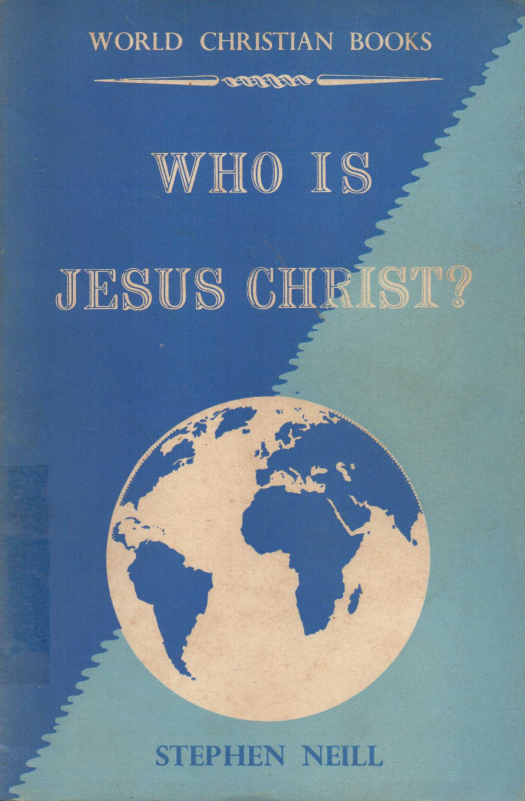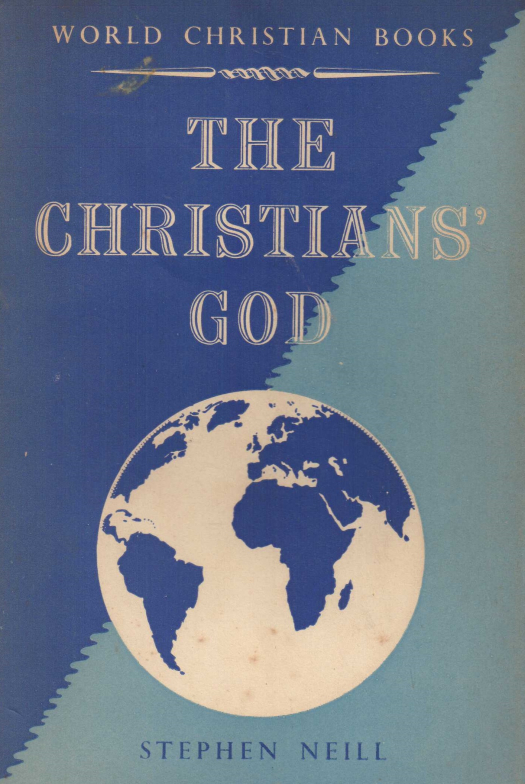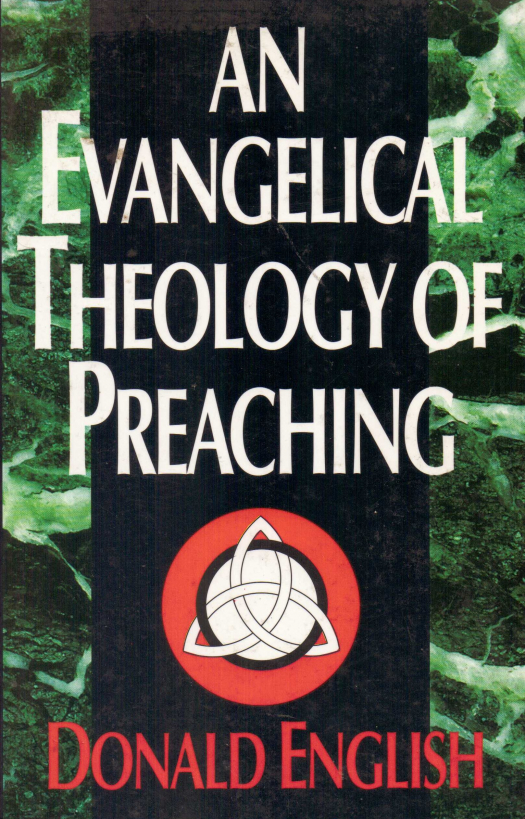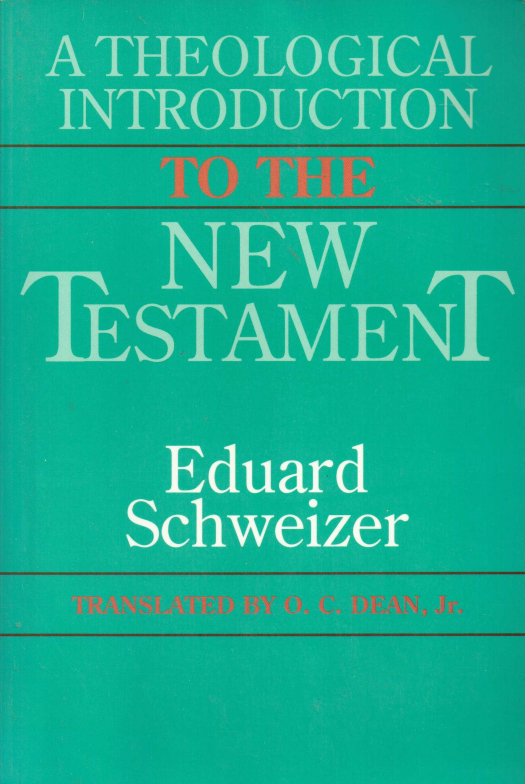Who is Jesus Christ? / Stephen Neill - Donación Ana Rita, Carlos, Rubén Pagura Alegría
From experience to doctrine. Jesus in the Gospels. What did Jesus claim?. Trying to understand. Thinking it out. Our witness to Christ.
U15180
The christians' God / Stephen Neill - Compra Ana Rita, Carlos, Rubén Pagura Alegría
What is God like?
This is perhaps the most important question that any man can ask. Some would put the question "Does God exist?" This too is important, and perheaps a later book in this series will deal with that question. But merely to be able to say "I believe that someone or something called God exist", to believe in some kind of God or other, does not carry us very far. Everything depends of the kind of God we believe in. There is a great deal of bad religion in the world, and in some ways it is better to have no religion at all than to have a bad one. Men tend to become like the God in whom they believe; if they believe in a bad God - one who is hard and cruel and injust - they are likely to become as bad as the God in whome they believe; and perhaps to have no God at all would be better than that.
God is life. God is light. God is love. God is spirit. Three in one and one in three.
U15179
An evangelical theology of preaching / Donald English - Donación Ana Rita, Carlos, Rubén Pagura Alegría
In one sense, "An Evangelical Theology of Preaching" is written for the working pastor who may need a clarified vision of what the preaching vocation can be, and can archieve, in this generation. Pastor with such a need (and that is a majority of us) will find Donald English's book at least as helpful as any written in the 1990s. The author focuses primarily on why should be communicated to both God's people and the wider public in our secular age. He also devotes and exceedingly helpful chapter on the faithful (and interesting) interpetation of the different types of biblical texts and passages, and another on the identity, soul, and life of the person who preaches.
- Prólogo de George Hunter.
U15178
A theological introduction to the new testament / Eduard Schweizer - Donación Ana Rita, Carlos, Rubén Pagura Alegría
Unique among introductory works on the New Testament, this volume offers students, professors, and other scholars a combination of two standard genres: the "introduction" and the "theology". On the one hand, it introduces the New Testament by reviewing the canonical books in an essentially chronological order; it cover Paul, the Pauline school, the general epistles, the synoptc tradiction and Acts, and finally the Johannice school and Revelation. On the other hand, it functions like a New Tetament by reviewing each of the writings in terms of the theological issues addressed. But rather than the standard thematic approach, Eduard Schweizer uses categories that either describe topics or issues treated in the writing itself, or categories that captura the sense of the wirting's concern. As in his other acclaimed works, Schweizer writes in a way that is critical and scholarly, yet meaningful to the faith community as well.
Oral tradition and the first written documents. Paul. Paul's disciples. Remaining letters. First three gospels and the acts of the apostles. Johannine circle. Prophetic book. Afterword.
U15177





